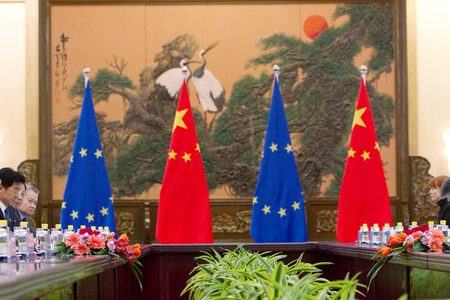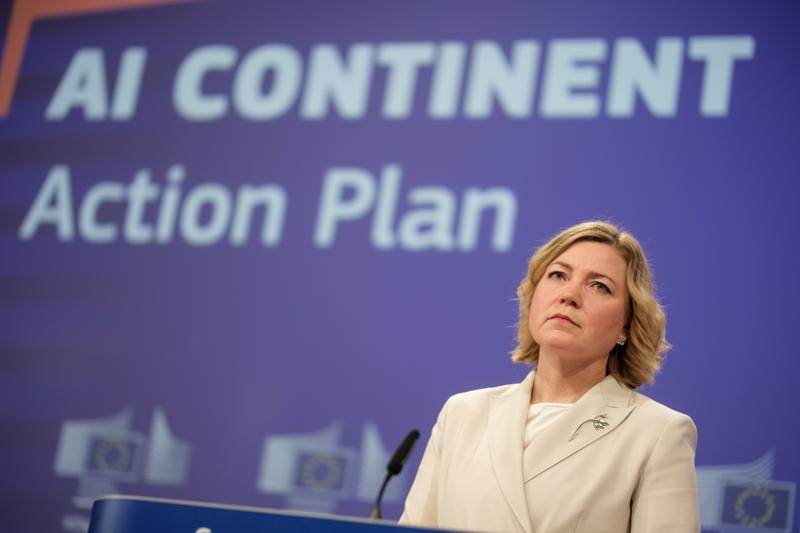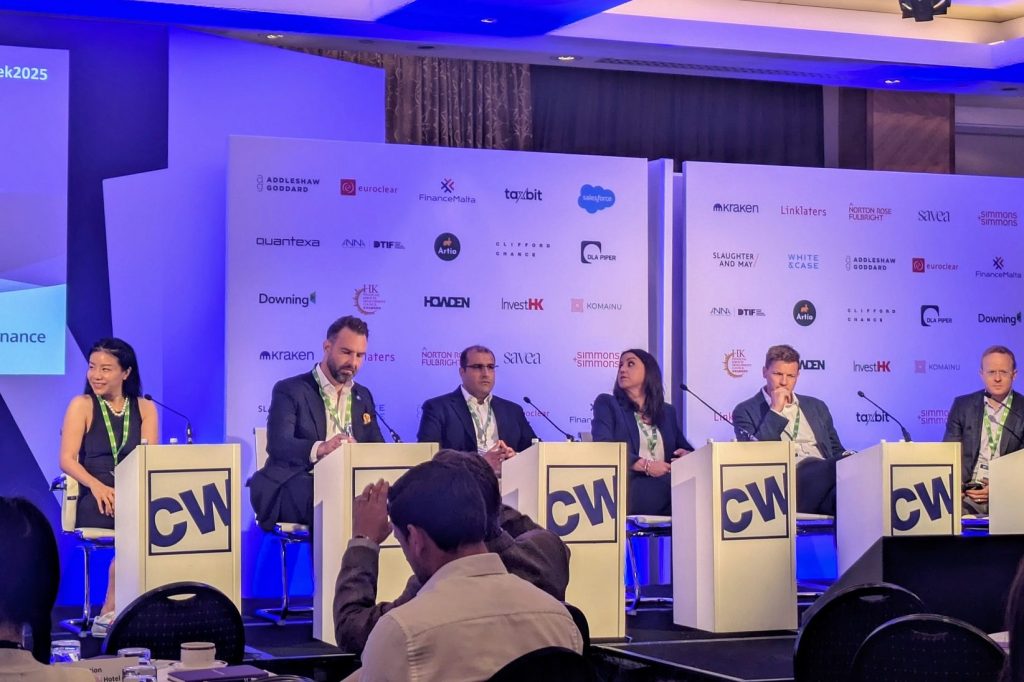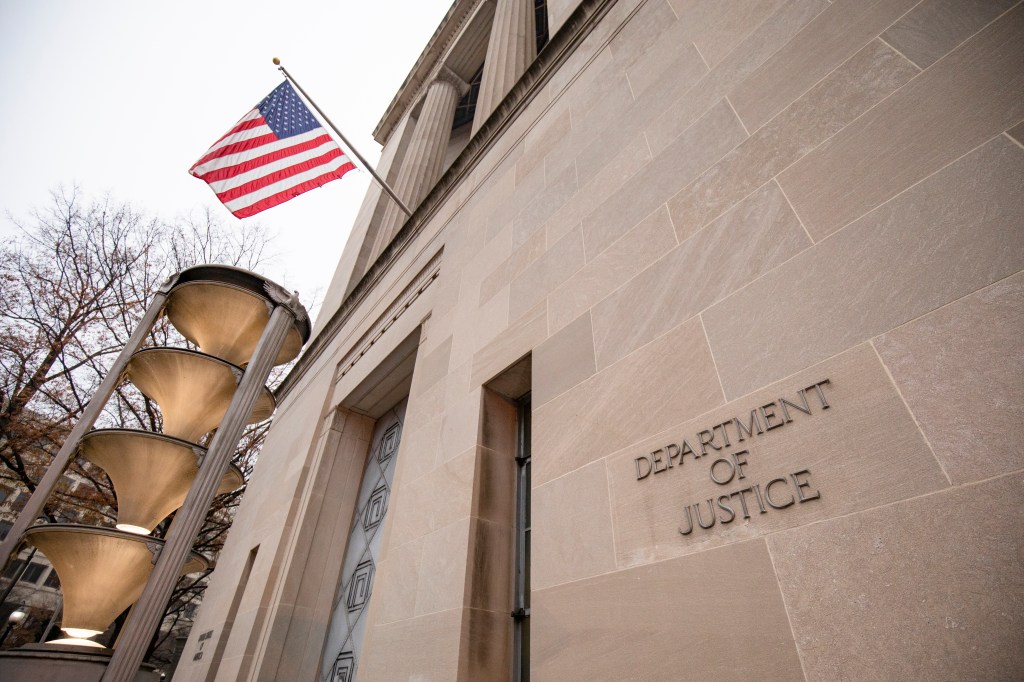The US Department of Justice (DOJ) is offering a targeted leniency program designed to avoid prosecuting those criminally-exposed individuals who have reported corporate misconduct, building out an initiative that was spearheaded by the US Attorney’s Office for the Southern District of New York.
A nationwide pilot program posted online this week by the DOJ covers individuals who voluntarily disclose to the DOJ’s Criminal Division money-laundering violations, foreign or domestic bribery, healthcare fraud and other white-collar crimes. They will be eligible for non-prosecution agreements, provided they fully cooperate, return ill-gotten profits, and meet other conditions, the DOJ said.
The Justice Depertment said it was issuing this program to further incentivize companies to self-report crimes rather than try to bury them when they think the department would otherwise not find out about them.
“We now have more ways than ever to uncover misconduct. Call us before we call you.”
Nicole Argentieri, Head of DOJ’s Criminal Division
“The Department is upping the ante in that calculus by increasing the incentives for others to come forward,” said Nicole Argentieri, head of DOJ’s Criminal Division, in a prepared statement.
Taking effect immediately, the pilot includes many of the same parameters as the SDNY announced in January to entice individual tipsters, except (of course) the new program won’t be limited to crimes that took place in Manhattan.
Program participants must be non-violent offenders who voluntarily provide fully accurate and previously unknown information. They must also agree to fully cooperate with and be willing and able to provide substantial assistance to the DOJ in its investigation of related conduct and prosecution of equally or more culpable individuals or entities.
Types of violations
The self-reporting that is provided to the DOJ under this pilot program must relate to at least one of the following:
- Violations by financial institutions, their insiders, or agents, including schemes involving money laundering, anti money laundering, registration of money-transmitting businesses, and fraud statutes, and fraud against or compliance with financial institution regulators.
- Violations related to integrity of financial markets undertaken (1) by financial institutions, investment advisers, or investment funds, (2) by or through public companies or private companies with 50 or more employees, or (3) by any insiders or agents of any such entities.
- Violations related to foreign corruption and bribery by, through, or related to public or private companies, including violations of the Foreign Corrupt Practices Act, violations of the Foreign Extortion Prevention Act, and violations of the money laundering statutes.
- Violations related to health care fraud or illegal health care kickbacks committed by or through public companies or private companies with 50 or more employees.
- Violations by or through public or private companies with 50 or more employees related to fraud against, or the deception of, the United States in connection with federally funded contracting, where such fraud does not involve healthcare or illegal healthcare kickbacks.
- Violations committed by or through public or private companies related to the payment of bribes or kickbacks to domestic public officials.
DOJ inducements to self-reporting
This new corporate leniency program has arrived soon after a separate, but related, initiative: Last month, the Criminal Division announced that it is in the midst of crafting a policy to pay whistleblowers, rewarding those who step forward with white-collar tips. That program is intended for people who weren’t involved in the crimes they are reporting.
Argentieri said the new pilot program “will reinforce” the paying-for tips program, as well as round out the DOJ’s Corporate Enforcement Policy designed to incentivize company self-disclosures.
“We now have more ways than ever to uncover misconduct,” she said in her statement. “Call us before we call you.”

















